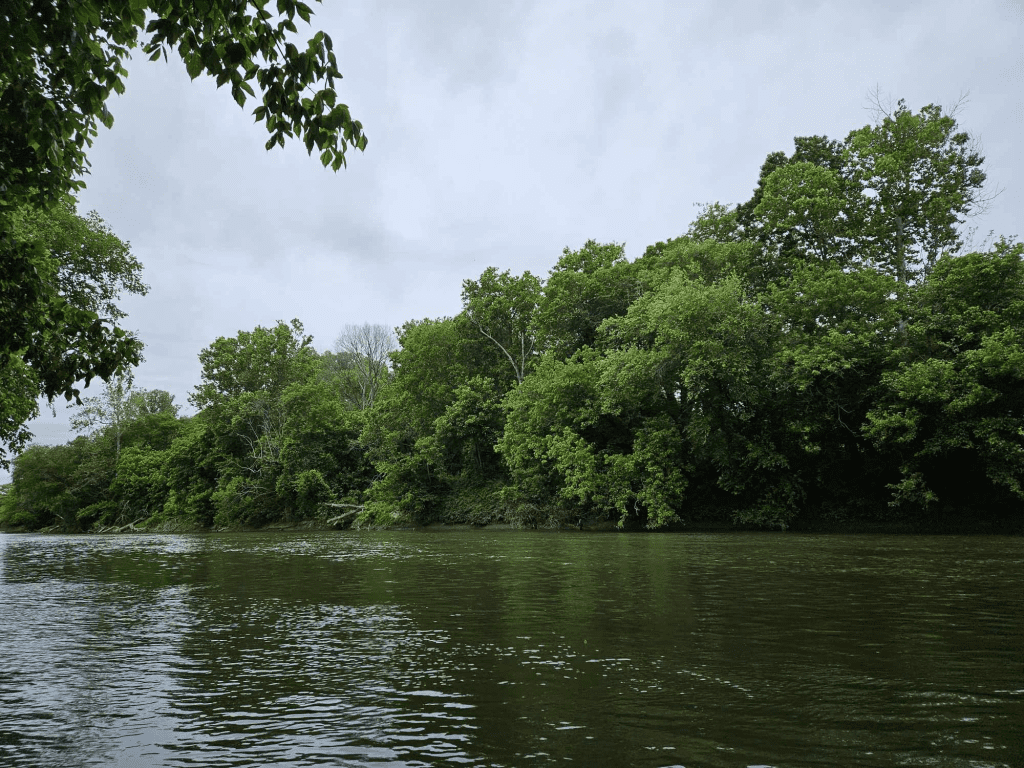Reclaiming Appalachia Coalition releases recommendations for improving effectiveness and equity of AMLER program
CONTACT:
Chelsea Barnes, (614) 205-6424, chelsea@appvoices.org
Dan Radmacher, (540) 798-6683, dan@appvoices.org
Marissa Lautzenheiser, (330) 859-1050, marissa@ruralaction.org
APPALACHIA — Today, the Reclaiming Appalachia Coalition and Appalachian Citizens’ Law Center released a set of 10 recommendations to improve the federal Abandoned Mine Land Economic Revitalization Grant Program, formerly known as AML Pilot.
Since 2016, AML Pilot and the AMLER program have given $655 million in grants to state and tribal Abandoned Mine Land programs for mine redevelopment projects with an economic development component. Most recently, the FY 2022 budget has allocated an additional $122.5 million to the program, the highest annual budget allocation in the history of the program, and President Biden’s FY 2023 budget released Monday proposes $115 million for the program.
With member organizations across multiple states, the Reclaiming Appalachia Coalition has witnessed how different approaches lead to disparate outcomes. Following lengthy conversations with organizations involved in AMLER projects across Appalachia, the coalition assembled a list of 10 recommendations to ensure that AMLER funding is accessible and transformative for the disadvantaged communities most in need.
“The AMLER program is now a well-established federal program, providing significant resources to coal-impacted communities,” said Adam Wells, Regional Director of Community and Economic Development at Appalachian Voices. “Our recommendations are crucial to ensuring that those resources are deployed effectively and efficiently across the entire region, lifting up the communities most in need with impactful economic development projects.”
“For many years, organizations and residents in coal communities advocated for the RECLAIM Act — legislation that paired abandoned mine land reclamation with community and economic development,” said Rebecca Shelton, Director of Policy and Organizing for Appalachian Citizens’ Law Center. “The AMLER program has similar goals, but to improve program transparency and equity, going forward AMLER should be informed by the participatory process provisions defined in the RECLAIM Act and should be made accessible to coalfield communities beyond Appalachia.”
The recommendations draw on experience and observation of AMLER projects and processes across the nation; they highlight, for instance, states like Ohio where agencies have assisted applicants by helping develop cost estimates and impact studies, or Virginia, which has developed a transparent project scoring matrix. The recommendations also address specific issues experienced by project applicants and community groups that work on abandoned mine land issues.
“The AMLER program is not administered consistently across the different states and tribes,” said Joey James, Principal at Downstream Strategies. “There are varying degrees of transparency and technical assistance from the program administration staff, and different application and review processes for awarding grants. Our recommendations build off the best practices we have seen to improve access to the program.”
These recommendations are especially timely as the Office of Surface Mining Reclamation and Enforcement begins implementation of the Biden administration’s Justice40 initiative. The AMLER program was identified as one of the initial pilot programs to test the implementation of the Justice40 initiative.
“Because the AMLER program is specifically targeted to disadvantaged, coal-impacted communities, it is especially important that the program is implemented in such a way maximizes the creation of good jobs and boosts locally-rooted industries, while remediating the environmental damage from past extractive industry,” said Marissa Lautzenheiser, Director of Northern Programs at Rural Action.
The coalition’s report concludes with a final recommendation that the administration and Congress expand the program budget and geographic scope to include coal communities impacted by the decline of the industry in non-Appalachian states.
###
Appalachian Voices is a leading nonprofit advocate for a healthy environment and just economy in the Appalachian region, and a driving force in America’s shift from fossil fuels to a clean energy future.
The Reclaiming Appalachia Coalition (RAC) is a multi-state coalition composed of Appalachian Voices, Coalfield Development Corporation, and Rural Action, with technical assistance and added capacity provided by Downstream Strategies. RAC provides expert resources to Appalachian coalfield communities to identify, develop, and fund innovative projects on former mine sites while supporting the growth of a regional community of practice and advocating for a more just and equitable implementation of federal funds through AMLER.
Appalachian Citizens’ Law Center is a nonprofit law firm that fights for justice in the coalfields by using a high-impact three-pronged strategy for change: litigation, advocacy, and organizing.



